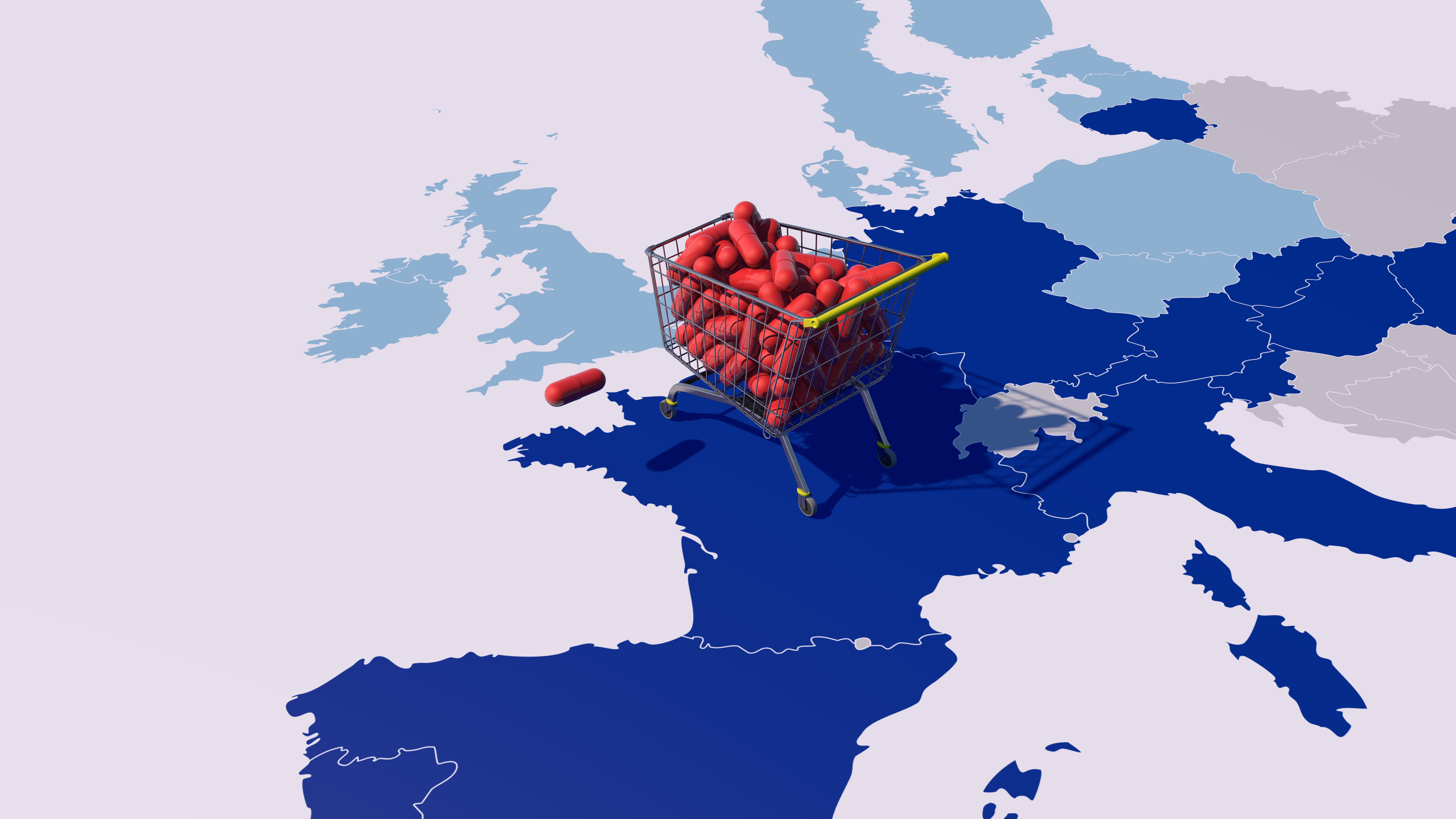Colleagues at IQVIA Discuss Ways to Expedite Positive HTA Outcomes for Innovative Combination Therapies
In a world where cancer treatments evolve at breathtaking speeds, the fate of new combination therapies often hinges on an invisible clock—a bureaucratic process that can delay patient access to potentially life-saving innovations. As colleagues gathered in an intelligently adorned conference room at IQVIA’s London office, the urgency of their discussions resonated deeply, echoing the frustrations shared by patients and healthcare providers alike. “The clock is ticking for patients, and we need to find ways to make this process faster,” remarked Dr. Jennifer Gaultney, Senior Principal and Function Lead for Health Economics & HTA at IQVIA. “Every day that passes is another day that someone might miss out on treatment.”
With oncology emerging as the leading therapeutic area for new drugs, the introduction of 201 novel active substances globally between 2014 and 2023 highlights both incredible progress and significant challenges. Yet, obtaining positive Health Technology Assessment (HTA) outcomes for combination therapies remains a daunting task. Despite evidence of their clinical efficacy, these therapies encounter a unique set of bottlenecks, making the journey from development to patient care a labyrinthine process.
Identifying Barriers to Access
A recent study that analyzed 127 HTA decisions from July 2020 to September 2023 across England and eight EU countries unveiled critical insights. Although the median time to a positive HTA decision for oncology combination drugs was notably faster than for monotherapies—235 days versus 366—the landscape remains uneven. Noteworthy delays were particularly evident in countries like Germany, Spain, and England, underscoring deeper structural challenges.
- Evidence Gaps: Combination therapies frequently lack comprehensive clinical and real-world evidence, with HTA bodies often voicing concerns about data immaturity and inconsistent comparators.
- Fragmented Policy Frameworks: The independent operations of each country’s HTA and reimbursement systems introduce uncertainty for manufacturers, stifling prompt patient access.
- Unpredictable Decision-Making: Variability in evidence thresholds and evaluation criteria across countries exacerbates the situation, complicating manufacturers’ efforts for broader access.
Overcoming the Challenges
In the face of these challenges, IQVIA representatives advocate for a multifaceted approach to expedite HTA outcomes:
Policy Innovation and Reform
The landscape is poised for change with the EU’s new HTA regulation expected to roll out in 2025. Dr. Saskia van Dijk, Product Manager for Market Access Insights, asserts, “Joint Clinical Assessments will streamline submissions, enabling faster access to innovative therapies across member states. We must be proactive and seize this opportunity.” In addition, various EU countries are already trailblazing their pathways:
- France: The Early Access Programme has expanded, expediting entry for high-potential therapies.
- Ireland: The Rapid Review process aims to shorten HTA timelines.
- Italy: Active engagement in innovativeness appraisal prioritizes therapies with significant clinical promise.
Stronger Evidence Generation
Understanding that robust evidence generation is pivotal, health technology developers are encouraged to tailor their approaches to HTA expectations. “Anticipating HTA concerns can significantly accelerate decision timelines,” advised Dr. Anastasia Stamoulou, a Health Economics & HTA Analyst at IQVIA. Some effective strategies include:
- Designing comprehensive evidence generation plans that clarify the contributions of each therapy component.
- Providing comparative effectiveness data that meets HTA methodologies.
- Creating flexible models demonstrating budget impact and cost-effectiveness across various components.
Moreover, early engagement with HTA bodies via scientific advice processes can enhance alignment and streamline approvals. “Collaboration starts the moment developers think of a combination therapy,” Gaultney emphasized.
Cross-Stakeholder Collaboration
Perhaps the most significant remedy lies in enhanced collaboration. “A collective effort involving stakeholders from regulators to healthcare providers is crucial,” said van Dijk. “Only through joint solutions can we address the systemic barriers hindering access.” This requires not just cooperation but also potentially new regulations tailored to the evaluation of combination therapies.
The Next Steps
Market access experts stress the importance of a strategic perspective alongside operational changes to tackle these barriers:
- Investing in Market Access Expertise: Empower teams with insights tailored to specific country HTA landscapes.
- Prioritizing Real-World Evidence: Use RWE to complement trial data and fortify submissions.
- Engaging Proactively: Initiate discussions with HTA bodies and payers significantly before submission.
- Innovative Pricing Models: Explore outcomes-based agreements or shared-risk models, especially for costly therapies.
The journey of combination therapies in oncology reflects both the promise of scientific advancement and the challenges of navigating a complex approval landscape. As IQVIA’s team rallies behind their mission, it becomes more evident that collaboration, policy reform, and robust evidence generation form the triad necessary to unlock patient access to life-altering treatments. In a world where time is often equated with hope, these initiatives are not merely desirable but essential for the many patients waiting for the next breakthrough.
Source: www.drugtargetreview.com


